ReaLITy Reads
In this issue, with the support of Macmillan Children's Publishing Group, Shelf Awareness focuses on ReaLITy Reads, Macmillan's campaign to shine a light on realistic literary fiction. The interviews are by Jennifer M. Brown.
In this issue, with the support of Macmillan Children's Publishing Group, Shelf Awareness focuses on ReaLITy Reads, Macmillan's campaign to shine a light on realistic literary fiction. The interviews are by Jennifer M. Brown.
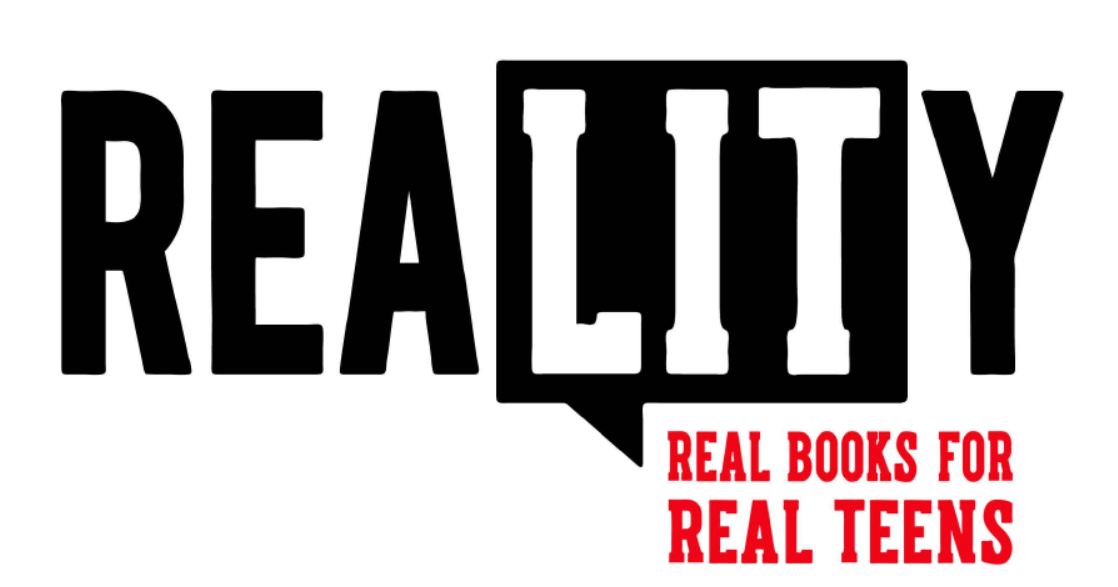
Peskin, von Bargen and their colleagues decided to create an initiative along the lines of Macmillan's Fierce Reads campaign, to focus on mostly new and emerging authors of realistic literary fiction, and help them create a community so "a rising tide could lift all ships," as Peskin put it. Elizabeth Fithian, director of marketing at Macmillan, came up with the name: ReaLITy Reads.
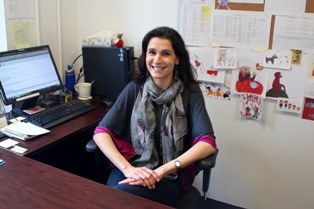 |
|
| Joy Peskin | |
With the motto "Real Books for Real Teens," the ReaLITy Reads campaign shines a light on the frontlist, with two emerging voices in young adult literature--Kristin Elizabeth Clark and her YA debut, Freakboy (October 22), and Clay Carmichael with Brother, Brother (July 30). The third is a proven success in YA: David Klass, co-author with his sister, pediatrician and journalist Perri Klass, making her YA debut with Second Impact (August 6).
The campaign builds on a foundation of such contemporary literary lights of the backlist as Speak by Laurie Halse Anderson; Martine Leavitt's My Book of Life by Angel; When We Wuz Famous by Greg Takoudes; and James Preller's Before You Go. Peskin said that part of the challenge for those who work with teens is they have readers who love Speak and ask for other books in that vein. "It's not as easy as [recommending] genre books," Peskin said.
ReaLITy Reads will be an ongoing campaign, encompassing all six Macmillan Children's Publishing Group imprints. Peskin says they're not "dead-set on contemporary"--the campaign might also feature books with historical settings. But the major requirement is that it be literary, realistic fiction. "We don't want this to be a Go Ask Alice, issue-driven book program," she said. "We want it to be literary, meaty reads."
Freakboy and My Book of Life by Angel, written in free-verse; Second Impact, told through alternating blog posts; Brother, Brother, incorporating abundant dialogue; and Speak, with its blocks of text and one-sentence paragraphs, all give readers a lot of breathing room and generous white space on the pages. Asked if weightier themes are easier to digest this way, Peskin said she suspects it's coincidence; "I think each author comes to the style that's best for her to tell the story." She does suggest, "Less is more. You want to leave some space for the reader to draw her own conclusions." The formats will appeal to kids who don't necessarily think of themselves as readers. What all these books have in common is what Peskin calls "discussability."
While not all teens may be personally affected by transgender issues (Freakboy), mysterious family ties (Brother, Brother) or head injuries brought on by contact sports (Second Impact), they will recognize many of the feelings here--figuring out where they belong, making tough decisions, finding one's voice. These books begin conversations on challenging topics that nearly all teens on the brink of adulthood face.
The Macmillan Children's Publishing Group went with evocative covers that will draw in readers. It's a big step forward from the days when covers usually represented a literal scene from the book. "I try to think of the cover as a movie poster," Peskin says. "It has to do a lot to pull the reader in." She said with Second Impact, the cover idea was, "Come for the football, stay for the larger topics."
Laurie Halse Anderson's Speak has sold three million copies since its publication nearly 15 years ago. "In my mind, that's what these books are likely to do," Peskin says. "If it can hit that sweet spot in the culture, it can grow and build over time."
Many of these titles tackle tough topics, and they're word-of-mouth books. "Do you know people who've made a bad decision and gone down the wrong path? Probably. There's so much to pull out of that book," says Peskin, referring to My Book of Life by Angel, a chronicle of child prostitution. But that could easily apply to many of the books in this ReaLITy Reads grouping. As Peskin says, "If these things didn't happen in real life, we wouldn't have to write about them."
This fall season, the creators of three realistic YA novels will premiere books ranging from discovering a sibling you never knew you had, to the lasting effects of sports injuries on the playing field, to finding one's place on the transgender spectrum. We posed the same question to each of these authors: "What makes your book real?"
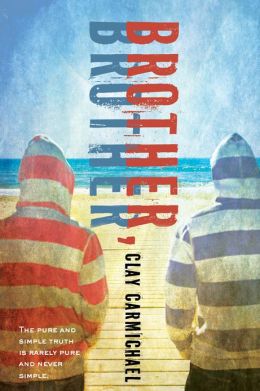
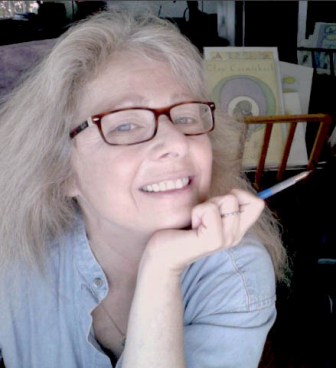 "A strong sense of place," says Clay Carmichael, author of Brother, Brother (Roaring Brook/Macmillan, $17.99, 9781596437432, July 30). "I'm a native North Carolinian, and though the places in the book are fictional, they're based on Piedmont, N.C., and coastal places. The characters are composites of people I've known. North Carolina has long been sharply divided about many issues, just as the country is today. In my novel, I explore these in microcosm, using the personal and political divides within Brother's family. Growing up, this was where I first experienced these divides most intensely."
"A strong sense of place," says Clay Carmichael, author of Brother, Brother (Roaring Brook/Macmillan, $17.99, 9781596437432, July 30). "I'm a native North Carolinian, and though the places in the book are fictional, they're based on Piedmont, N.C., and coastal places. The characters are composites of people I've known. North Carolina has long been sharply divided about many issues, just as the country is today. In my novel, I explore these in microcosm, using the personal and political divides within Brother's family. Growing up, this was where I first experienced these divides most intensely."
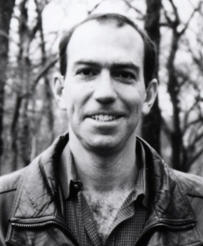 |
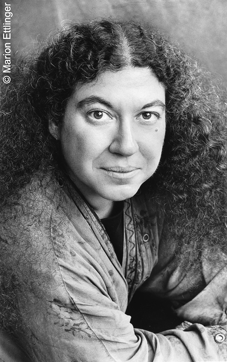 |
"Our characters are struggling with real dilemmas and real issues," explain the co-authors of Second Impact (FSG/Macmillan, $16.99, 9780374379964, August 6), David Klass, and his sister, the physician and journalist Perri Klass. "The question of head injury in sports, especially in football, is being debated at every level, from the NFL to Pop Warner. Our characters are smart and thoughtful and talented, but they are up against tough problems, without easy answers. He's a star high school quarterback; she's an articulate high school journalist. In our book, they ask real-life questions: What happens when the sport you love may damage you forever? What will you do to save a friend--even a friend who doesn't want to be saved? What happens to someone who tells an unpopular truth?"
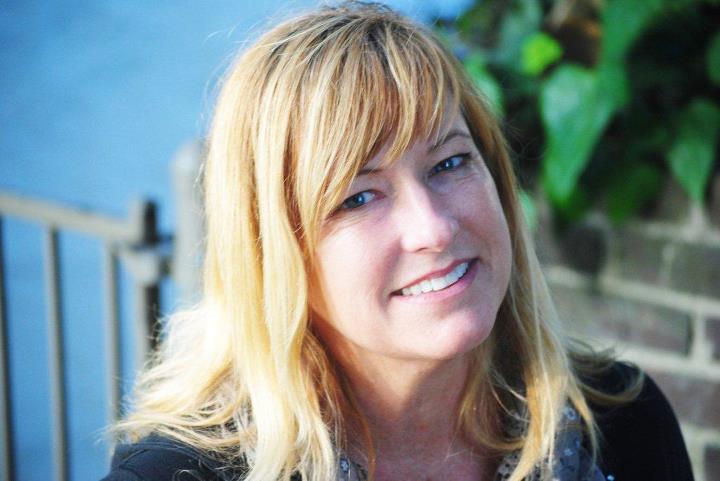 "The novel grew out of the experiences and questions of some very real individuals in my life," says author Kristin Elizabeth Clark of Freakboy (FSG/Macmillan, $18.99, 9780374324728, October 22). "I've been a child advocate, a children's theater producer and a volunteer with Outlet, an LGBTQ youth center. Many different kids dealing with many different issues confide in me. Three years ago, one of them came out to me as transgender. Together we looked for and found resources for her, and a community for her. During this journey, Freakboy took shape in my mind."
"The novel grew out of the experiences and questions of some very real individuals in my life," says author Kristin Elizabeth Clark of Freakboy (FSG/Macmillan, $18.99, 9780374324728, October 22). "I've been a child advocate, a children's theater producer and a volunteer with Outlet, an LGBTQ youth center. Many different kids dealing with many different issues confide in me. Three years ago, one of them came out to me as transgender. Together we looked for and found resources for her, and a community for her. During this journey, Freakboy took shape in my mind."
photos: David Klass by Giselle Benatar; Perri Klass by Marion Ettlinger
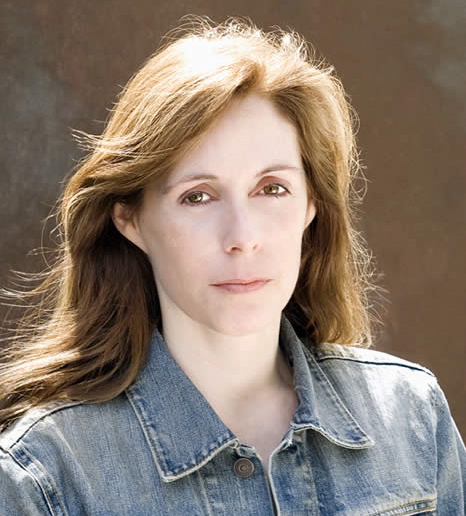 |
|
| photo: Joyce Tenneson | |
Few books have made the impact that Laurie Halse Anderson's Speak has made--on young adult literature and on young adults. Despite repeated efforts from conservative groups to ban the book (they've called it "soft porn" and "child pornography" for the narrator's frank discussion as a rape survivor) as recently as a week ago, Speak has sold more than three million copies since it was published in 1999. It was a National Book Award Finalist and a Michael L. Printz Honor Book. Here Anderson describes what reaching readers through her books has meant to her.
I never expected to be me.
I never expected to publish a book, much less 27 of them. I never dreamed that any of my books would be a bestseller, or translated, or used in classrooms, or turned into a movie. I am incredibly grateful that all of those wonderful things have happened, but they pale in comparison to the kindred spirits I've met.
Since Speak was published in 1999, I've corresponded with and met tens of thousands of readers for whom Speak was a life-changing book. Most of these people were survivors of sexual assault, but what they all had in common was that something terrible had happened to them and they couldn't talk about it. That secret poisoned them. It often led to depression, anxiety and a host of dangerous self-medication methods: drugs, alcohol, cutting, eating disorders, promiscuity, and suicide attempts.
My book gave them the courage to speak up. These readers saw themselves in Melinda. They walked in her footsteps and for the first time, found their voice. They wrote me letters and e-mail. They slipped notes into my hand when I visited their school. They walk up to me at book signings, tears puddling. After a quiet conversation, there is a lot of hugging. (This is why I always have a box of tissues next to the pens at my book signings!)
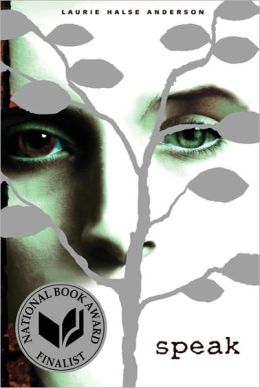
When Melinda helps survivors speak, RAINN is there to listen. Their compassionate, trained volunteers save lives and spirits every hour of every day. In addition to their work with survivors, they provide fantastic data and information about sexual assault, and they are helping to shape public policy as we fight against rape culture and try to make our world safer.
It was an honor to help RAINN's fundraising campaign in April. With the help of a $10,000 donation from Macmillan, we brought in $30,965 that directly benefitted survivors. The publicity about the campaign increased awareness about the help that RAINN offers and, in turn, led to more healing.
When I was a teenager, I didn't have anyone who understood the battles I was fighting. Books kept me alive and more; they helped me find my path and my people. Now I try to write books that can help today's readers. Not everyone is as messed up as I was (thank goodness), so sometimes my books give teens insight into people or situations that they haven't experienced.
We are all hungry for real stories to enlighten and connect us to each other. That's the role of literature in our lives: to bind our hearts together and to make us stronger.
 |
|
| photo: Sonia Sones | |
Kristin Elizabeth Clark lives and writes in northern California, where she has worked as a child advocate within the juvenile justice system and as a children's theater producer. She is a proud volunteer at Project Outlet in Mountain View, Calif. Her ReaLITy Reads novel is Freakboy.
On your nightstand now:
I'm kind of a book junkie in that I'm supremely uncomfortable unless there are several immediately available to me, so there are several books on my nightstand right now, and I'm reading them all. I have an ARC of Love in the Time of Global Warming by Francesca Lia Block, an ARC of Smoke by Ellen Hopkins, Outliers by Malcolm Gladwell, Playing with Fire by Bruce Hale, and I'm re-reading Anne of the Island by L.M. Montgomery.
Favorite book when you were a child:
It's really hard to choose, but the first that comes to mind is Watership Down by Richard Adams. I remember a pitched battle with a friend of mine over the pronunciation of Fiver, the protagonist's name. My friend rhymed it with river, while my pronunciation rhymed with jive-er. (Joe, if you're reading this, I'm still pretty sure I'm right. He got his name because he was the fifth rabbit born in the litter; it wouldn't make sense to call him Fivver!)
Your top five authors:
Again with the difficult choices! Hmmm--in no particular order: Laurie Halse Anderson, Roald Dahl, Ellen Hopkins, Elizabeth Peters and Jane Austen.
Book you've faked reading:
Swann's Way. I have a dear friend who is obsessed with Proust, and I tried for this friend's sake to read it, but never could quite manage it. Now when we go to literary cocktail parties, he gets to sound smart and I'm just the dork standing there smiling and nodding as if to say, "I agree completely with your eloquent points about Proust, so there's no need for me to chime in with my own."
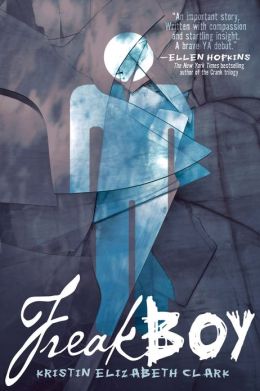
Nova Ren Suma's Imaginary Girls. Her beautiful language gave me goose bumps, and the story itself completely sucked me in.
Book you've bought for the cover:
The Mysterious Benedict Society, written by Trenton Lee Stewart and illustrated by Carson Ellis. I saw the cover and somehow knew I had to read the book. It was a good decision.
Book that changed your life:
The Miracle of Mindfulness by Thich Nhat Hanh. I love the exercises in practicing mindfulness in everyday life. There are times, even when good things are happening, that life gets too frenetic to enjoy. This book introduced me to the concept of mindfulness, which slows things down nicely for me.
When I remember to practice it, that is.
Favorite line from a book:
"Isn't it nice to think that tomorrow is a new day with no mistakes in it yet?"--Anne of Green Gables
Book you most want to read again for the first time:
Harry Potter and the Sorcerer's Stone. It had just come out, and I hadn't heard anything about it when I picked it up. It was such a treat to step into that world for the first time. I've gone back several times since, but it would be fun to experience the thrill of discovery again.